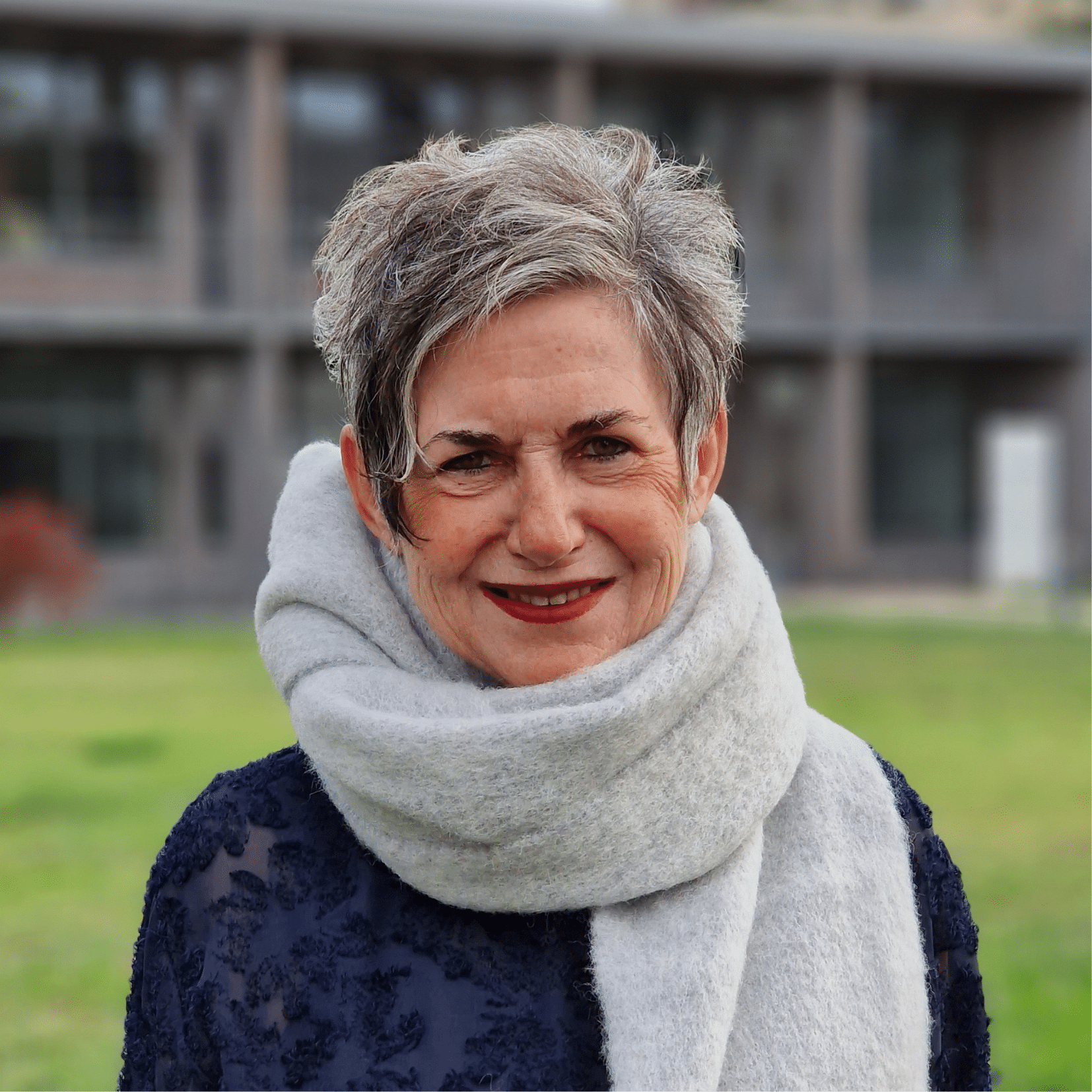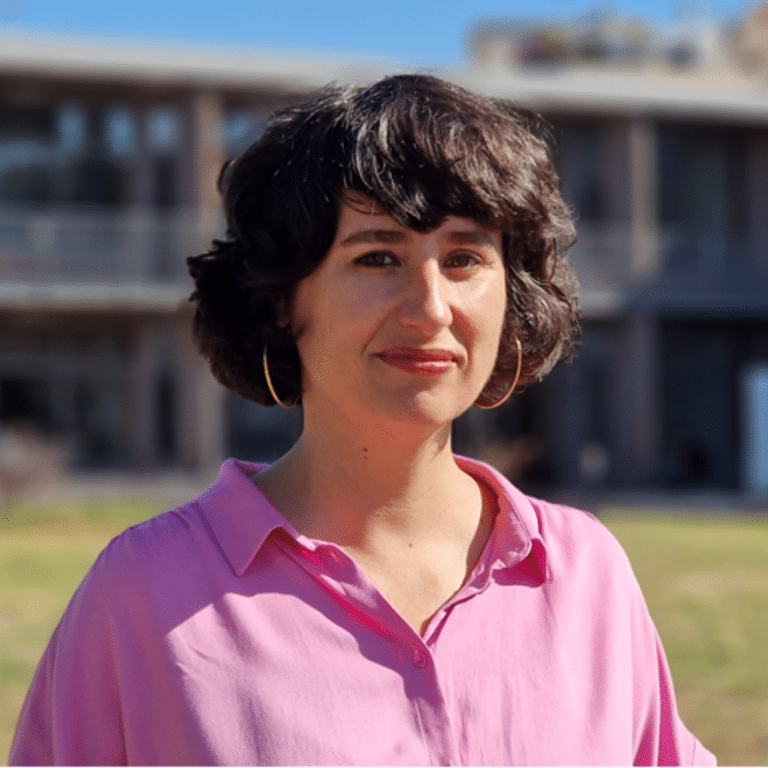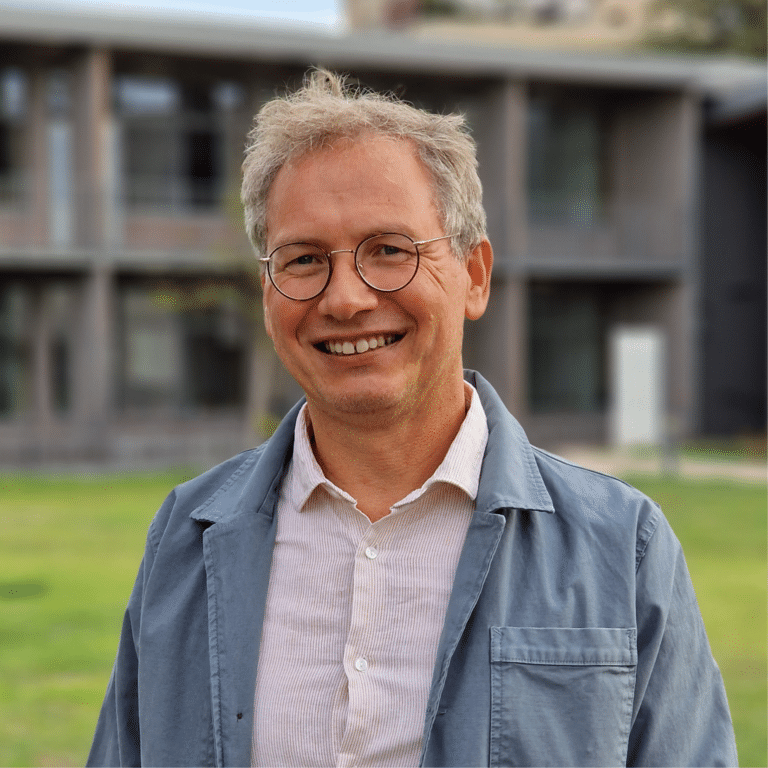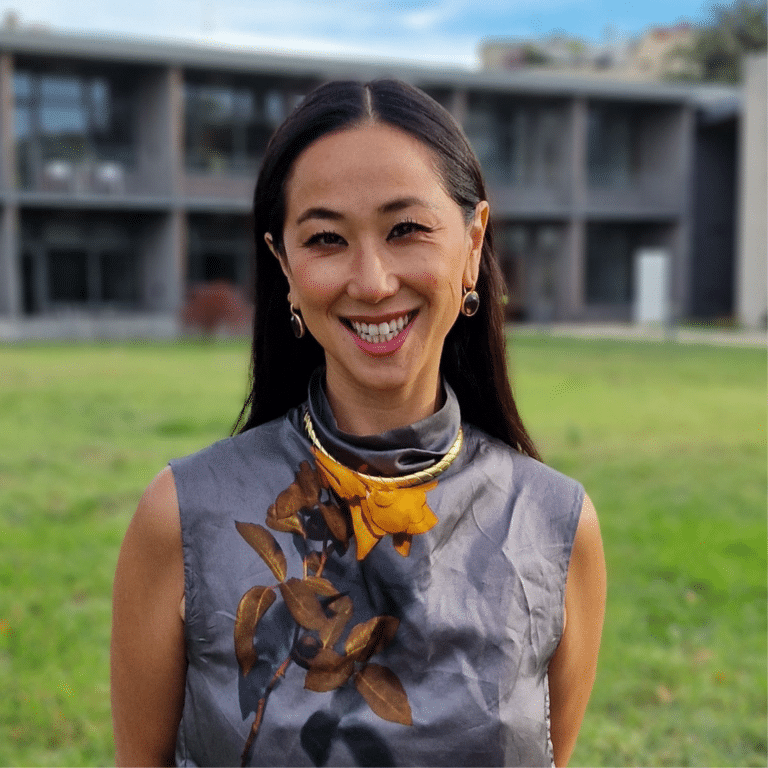
Nancy Rose Hunt
Research project
Postcolonial Limit Situations: A Different Kind of Psychiatric History (out of Bukavu, Congo)
Summary of the research project
Nancy Rose Hunt is writing a history about a Congolese city in Africa’s Great Lakes region known as a warzone. Guises of madness are her subject in this study that aims neither at systematic comparison or continuous historicization. Rather, she theorizes through “connected histories” and discontinuous cases of schizophrenic wandering, trauma talk, and grim killings. Unpacking perceptions and manifestations of madness goes with combining grounded and metaphorical evidence.
There is no sure psychiatric epidemiology for Bukavu, known since 1996 as an epicenter of rape and PTSD. Nor is there yet a history of “nervous states” (Hunt 2016) for this once colonial town of the Belgian Congo. Bukavu became known, postwar, as a glamorous, “Riviera”-like holiday town for white settlers and tourists, dotted with Art Deco architecture. An important node in Congo’s decolonization, it also knew an extended white mercenary takeover in the 1960s.
Yet it more Rwanda’s 1994 genocide that anchors this book. A flood of refugees fled into Bukavu from the killings next door. Nancy Rose Hunt sketches in the psychiatric and psychological strands to this crisis, including the opening of a psychiatric hospital. Ethnographic observations also enable etching in this wide “trauma zone.” Who has been silenced, and who urged to speak or seek treatment, since 1994? How did PTSD as a diagnostic category materialize? “Trauma talk” burst forth immediately, and such speech is flourishing today. Experiments emerged as expatriate psychologists arrived, seeking and treating PTSD. UN maladroitness joined a specialized humanitarian economy centered on torn, raped women.
A lopsided counterpoint — Rwanda and Bukavu — is salient in imaginaries and materialities, with Kagame’s regime signalling terrible negativities for Bukaviens living near — or crossing — the border. Bukavu’s social spectrum stretches from some very highs to many very lows, amid booming mineral economies, criminalities, subterfuge, and a feverish marital economy. Ethnographic traces suggest many spaces and forms of madness, with street-based figures, a psychiatric hospital, borders in practice and imaginaries, and much popular ironizing about the city’s many wandering mad figures.
Dominant therapeutic economies involve rape, trauma, psychopharmaceuticals, faith-based healing, and the diverse methods of tradi-practiciens. Also important beside the fraught border is a matrix of spaces: markets, traffic jams, clinics, PTSD laboratories, and everyday crowds. Since Bukavu’s wider field includes the countrapuntal Rwandan state, fraught representations, symptoms, and suspicions will receive attention, as will the armed intrusions, an astonishing security infrastructure, and transborder circulations in psychiatric training, extractive processes, and paranoia.
The book intervenes in madness and psychiatric studies; histories of violence, genocide, and aafterlives; and methodologies and concepts for postcolonial histories. Methodolologically, it works with intersecting yet disproporionate zones. Her conceit — that this will be a different kind of psychiatric history – stems from the way she will work with perplexing edges across the individualized and the collective and distill both psychiatric and vernacular planes.
Biography
Nancy Rose Hunt is an anthropological historian working on madness, psychiatry, care in Africa. She has done fieldwork since 1986 in and near Bujumbura, Accra, Niamey, Agadez, and in Congo-Zaire: Kisangani, Mbandaka, Kinshasa, and Bukavu. Her scholarship has long focused on medicine, healing, and humanitarianism in Africa, including medical, transport, writing, and visual technologies. She has a PhD in History from the University of Wisconsin-Madison (1992), and a BA in the General Humanities from the University of Chicago (1980). As Professor of History and also of Obstetrics/Gynecology at the University of Michigan at Ann Arbor over 19 years, she helped shape its Joint PhD Program in Anthropology and History.
With Achille Mbembe, they spearheaded and now co-edit with Todd Meyers a Duke University Press book series, Theory in Forms: https://www.dukeupress.edu/books/browse/by-series/series-detail?IdNumber=4053776&page=2. It showcases political and creative experimentation with writing. A forthcoming volume, co-edited by Hubertus Buschel and Nancy Rose Hunt, Psychiatric Contours: New Africa Histories of Madness, will be part of the series. Hunt is completing Postcolonial Limit Situations: A Different Kind of Psychiatric History (out of Bukavu, Congo).
L’Etat nerveux, in translation, will be published by Les Éditions de l’EHESS in 2023. A Nervous State: Violence, Remedies, and Reverie in Colonial Congo (Duke, 2016) received the Martin AKlein Prize; it considers nervous moods, therapeutic insurgencies, securitization and futures. A Colonial Lexicon: Of Birth Work, Medicalization, and Mobility in the Congo (Duke, 1999) innovated as an ethnographic history of colonial objects, and received the coveted Melville Herskovits Book Prize. Suturing New Medical Histories of Africa (LIT Verlag, 2013) began as the Carl Schlettwein Lecture in Basel. Hunt’s articles have appeared in journals like: Past & Present, The Lancet, History Workshop Journal, Africa, Journal of African History, Somatosphere,and Cultural Anthropology. Two articles on historiography and theory recently appeared in History and Theory.
Professor of History at University of Florida in Gainesville since 2016, Nancy Rose Hunt received a Guggenheim in 2018; a 2016 Fulbright for work in Paris and in Niger. She has also received three residential fellowships at the Wissenschaftskolleg in Berlin, the Institute of Advanced Study in Paris, and the Netherlands Institute for Advanced Studies. Other fellowships have come from the Social Science Research Council, Fulbright-IIE, Fulbright-Hays, the Ford Foundation, and the National Science Foundation.
As an undergraduate at University of Chicago, she began work as an archivist in in Chicago and Springfield, Illinois (1978-86). She recasts acquisition priorities in a university archive which she directed, away from Abraham Lincoln and towards Global 1968 in this town along the Mason-Dixon line. Such skills and sensibilities—provenance, layers, immediacy, the ordinary—have been important in creative projects ever since, including ethnographic filmmaking in Ghana and the conservation of vernacular archives. Since 2000, she has been researching sequential art production, notably the vernacular oeuvre of Papa Mfumu’eto le Premier, whose BD archive she salvaged in Kinshasa and now forms part of preservation, digital, and exhibition projects linking scholars and institutions in Florida, Europe, and Congo. At Michigan, she conceptualized and directed the “Women’s Health in the City of Accra Project,” a transnational, qualitative research seminar (1999-2001), which inspired Ghanaian and American students to collaborate, investigate, and document, while writing ethnographic stories. She has taught many other courses over the years including: “Health and Illness in African Worlds,” “Imagining the Congo,” “Theory for Historians,” and “Race and What is Madness?”



